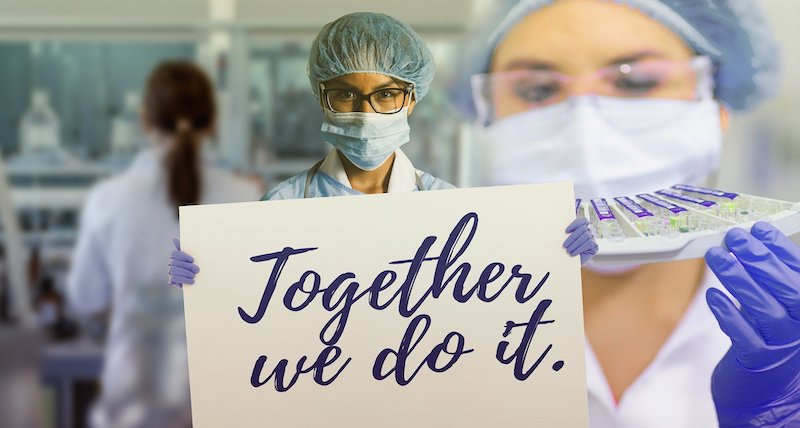The coronavirus crisis is forcing us all to do things a bit differently – but are some the changes we are making likely to become a part of our lives when the Covid-19 lockdown ends?
It’s a question that’s being asked in all walks of life but many in the NHS suspect that the likelihood of reverting to some pre-coronavirus ways of working may not be the preferred option in the future.
Now, an NHS healthcare project team is looking to develop a means of collating, recording and sharing examples of enforced “quick fixes” that may in fact prove to be long-term solutions.
The Scottish Rural Medicine Collaborative (SRMC) is a body funded by the Scottish Government to devise and test innovative ways of addressing the longstanding problems of the recruitment and retention of general practitioners in rural parts of the country.
The SRMC, which is made up representatives of 10 area health boards – Grampian, Highland, Orkney, Shetland, Western Isles, Dumfries and Galloway, Ayrshire and Arran, Fife, Tayside and Borders – as well as a range of other bodies, has put some of its work in abeyance while the clinicians associated with it deal with more pressing matters.
But, recognising that many of the changes GPs and others are making to their working lives have the potential to become permanent fixtures, the SRMC has been creating a resource which seeks to record new working practices.
Martine Scott, the SRMC’s programme manager, said:
“We would like to capture the essence of improvements and temporary quick-fixes in Scotland’s remote communities in the hope that we can benefit from them in the future.
“We are already aware of lots of examples of things being done differently.
“For example, people in some of our island communities are unable to attend funerals during isolation.
“Ways of enabling people to ‘attend’ virtual funerals have had to be quickly developed.
“Given that cremations need to be carried out on the mainland, might this be a usual option in the future?
“Similarly, GPs throughout Scotland are increasingly using video consulting to avoid the risks associated with seeing patients in person.
“To what extent will that continue post-pandemic?”
The SRMC has drawn up a guidance paper to help practices in rural communities detail the changes they have made.
It invites them to set out the problem they had to solve, explain what challenges they faced in solving it and state how they felt the changes they made could be applied in the future.
Martine Scott added:
“It would be a great shame if the lessons we are learning because of Covid-19 are lost when this crisis ends.
“While this work has been focusing on general practice in rural communities, I am sure it’s equally relevant throughout the NHS – and indeed in many other organisations, both public and private.”



